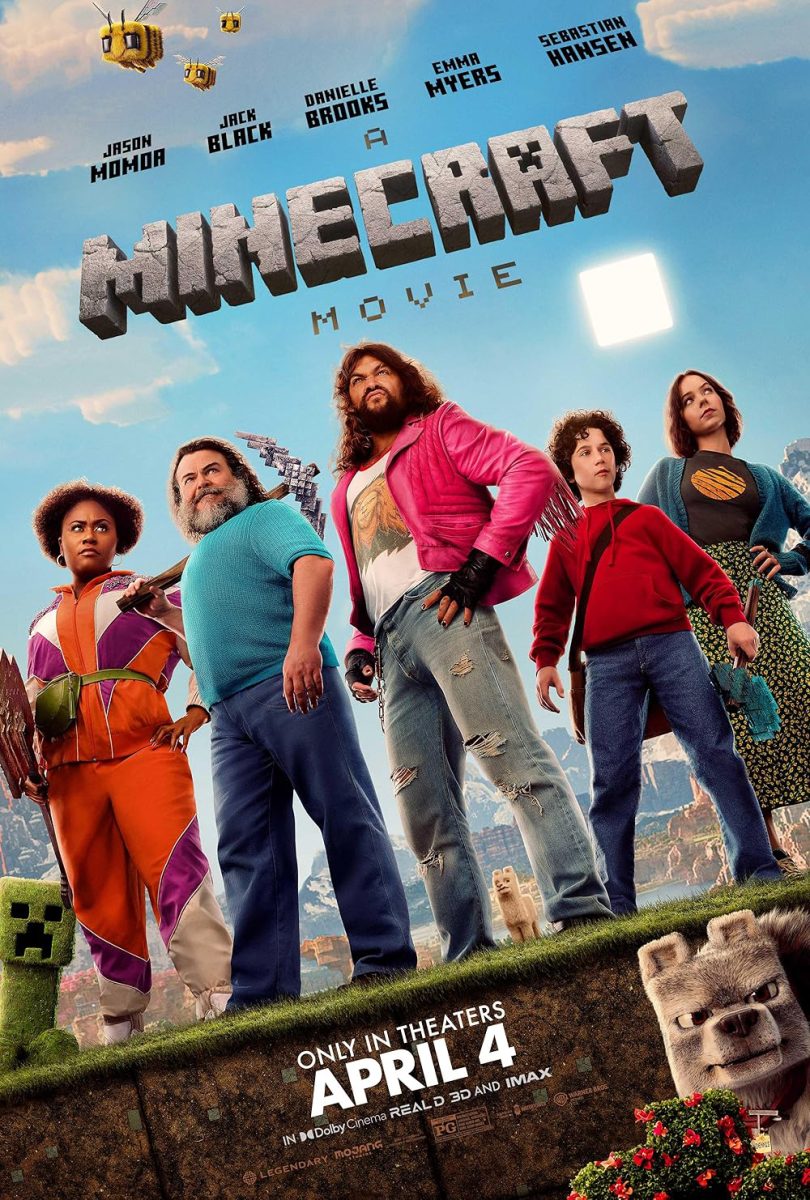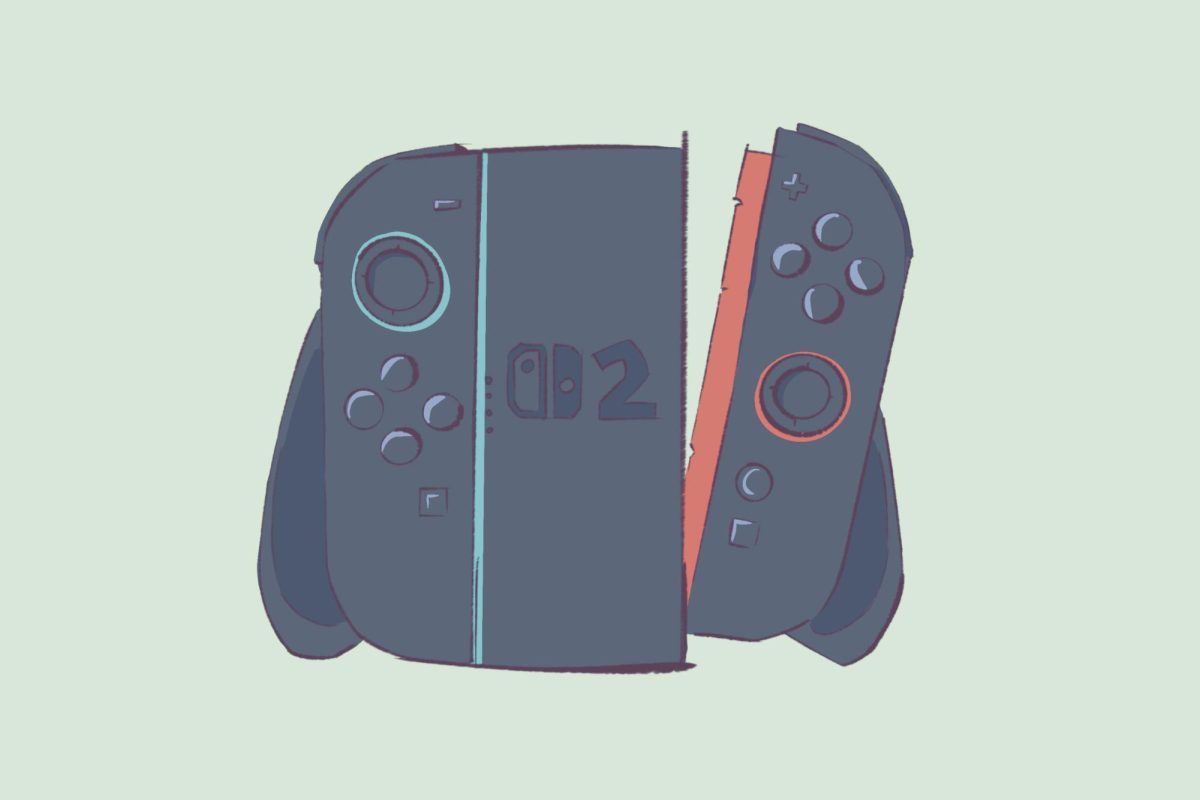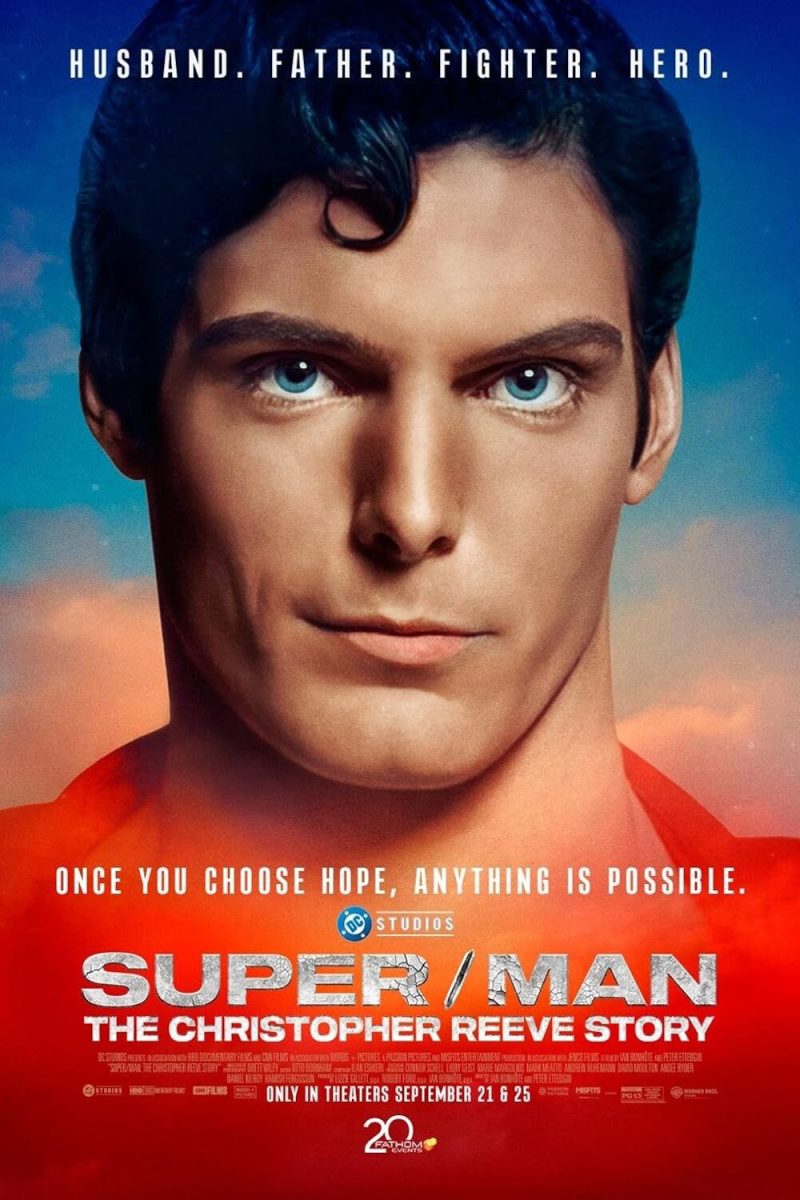Staff Editorial
Over the years, violent entertainment has turned into the ultimate scapegoat for society’s problems. Most recently, politicians and policymakers have blamed the gaming, TV and film industries for the mass shootings that are so prevalent today.
In the wake of the mass shootings in El Paso, Texas and Dayton, Ohio, which exacted a combined death toll of 32 and left 51 people injured. President Donald Trump jumped on the bandwagon. Lt. Gov. Dan Patrick did too. They singled out violent video games and movies as factors contributing to mass shootings like those.
“We must stop the glorification of violence in our society,” the president said in the aftermath of the mass shootings in El Paso and Dayton. “This includes the gruesome and grisly video games that are now commonplace.”
Of films, after the Marjory Stoneman Douglas High School shooting in Parkland, Florida in 2018, the president said: “But the fact is, you are having movies come out that are so violent, with the killing and everything else. Maybe that’s another thing we’re going to have to discuss. And a lot of people are saying it.”
David Turner, mayor of Odessa, Texas, had similar things to say after the most recent mass shooting in his city and neighboring Midland, Texas. That shooting left seven dead and 22 injured.
“I think it’s a problem of the heart, to be honest with you,” Turner said on MSNBC. “We have some of the most violent video games that you can see.”
This kind of scapegoating only serves to distract from more substantial efforts to understand and curtail gun violence. Violence in entertainment such as in movies and video games cannot be the main cause of mass shootings in the U.S.
The U.S.’s rate of gun violence is much higher than that of most other developed countries. Mass shootings in particular are almost unheard of in most of the rest of the developed world.
Despite the massive contrast between the levels of violence in other countries, violence in entertainment is more or less universal. As Colin Geddes, former programmer for the Toronto International Film Festival, said, according to the Los Angeles Times, “That’s not happening up here. People watch American movies all around the world, and it’s not the same.”
And a 10-country comparison by The Washington Post of gun-related murders per 100,000 people versus video game spending per capita found no positive correlation whatsoever between the two – in fact, it found a weak negative correlation.
South Korea and the Netherlands, for example, spend over twice what the U.S. does per capita on video games, but have vastly lower rates of both gun violence and mass shootings, according to The Post’s comparison. The average Australian spends almost 50% more than the average American does on video games, but a random shooting in the northern city of Darwin that killed four people this June and injured one more was the worst mass shooting in the country since 1996, according to CNN.
Even Canada, our culturally similar neighbor to the north, spends about 50% more per capita than we do on video games, yet has a much lower gun-related murder rate than we do.
Within the U.S., millions of people consume violent video games and other forms of violent entertainment, but very few go on to commit mass shootings. Patrick Markey, director of The Interpersonal Research Laboratory and professor of psychology at Villanova University, said only 20% of school shooters have reported playing violent video games, compared to 70% of high school students overall, according to CNBC.
The rhetoric repeated by Trump, Patrick, Turner and many others not only ignores the complexities of the issue of societal violence, but also has more immediate consequences.
After the El Paso and Dayton mass shootings, Universal Studios pulled advertisements for its politically satirical horror film, “The Hunt,” starring Hilary Swank.
On Aug. 9, ahead of the film’s September release, Trump tweeted: “The movie coming out is made in order to inflame and cause chaos. They create their own violence and then try to blame others. They are the true racists, and are very bad for our country!”
The next day, Universal canceled the film’s release.
In a statement to The Hill, representatives of the studio said, “We stand by our filmmakers and will continue to distribute films in partnership with bold and visionary creators, like those associated with this satirical social thriller. But we understand that now is not the right time to release this film.” Jason Blum, one of the film’s producers, said he still hopes Universal will find a way to release it later, according to Time Magazine.
Blaming gun violence in the real world on violence in entertainment does not seem like much of a stretch.
The debate over the moral implications of how we depict violence in film has raged through the public eye almost since film was invented, and video games – some violent, some not – take bigger roles in our culture every year.
But the argument crumbles very quickly under the weight of hard outside references. Repeating it only distracts from the real discussion around gun violence and sets back real, actionable solutions.












